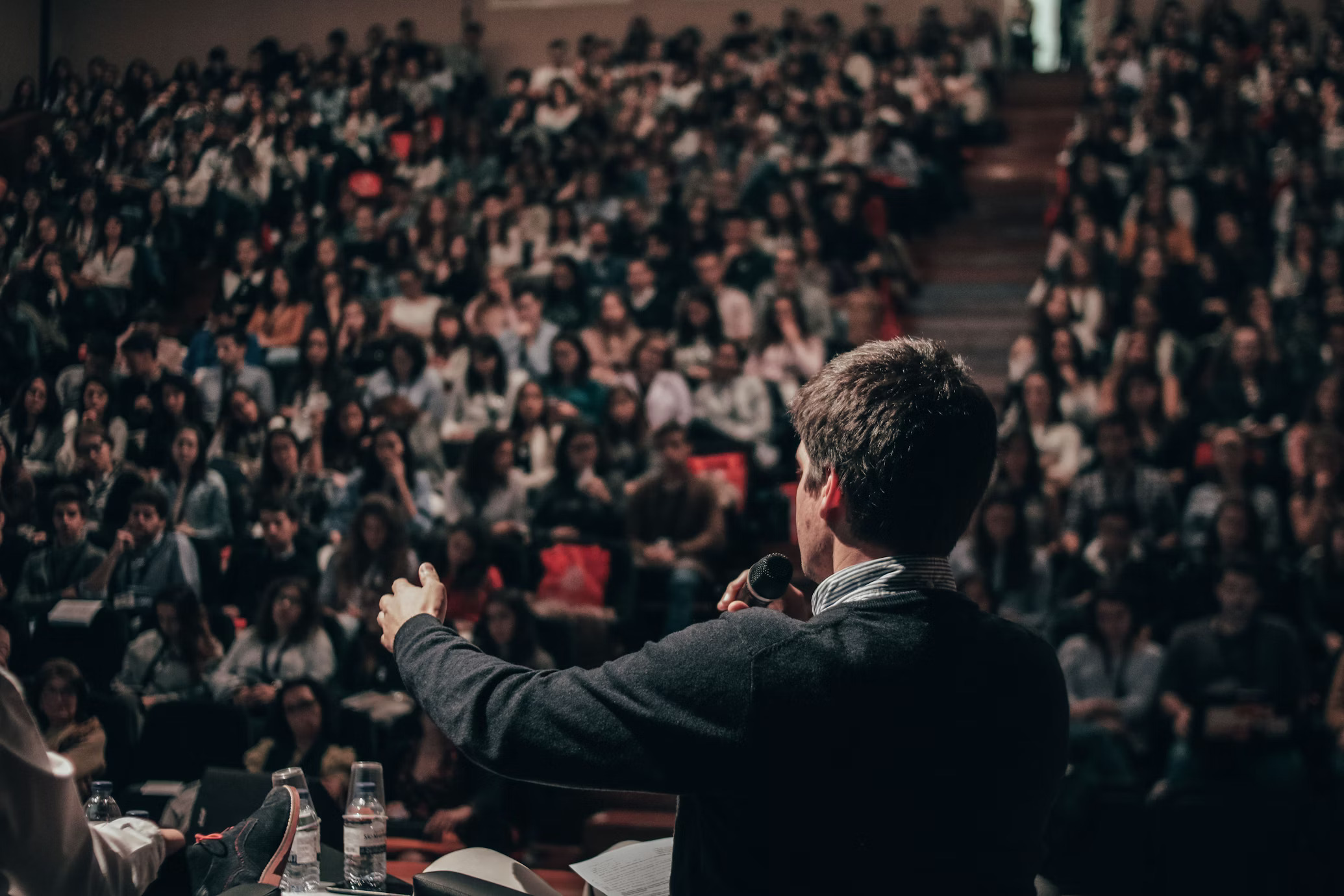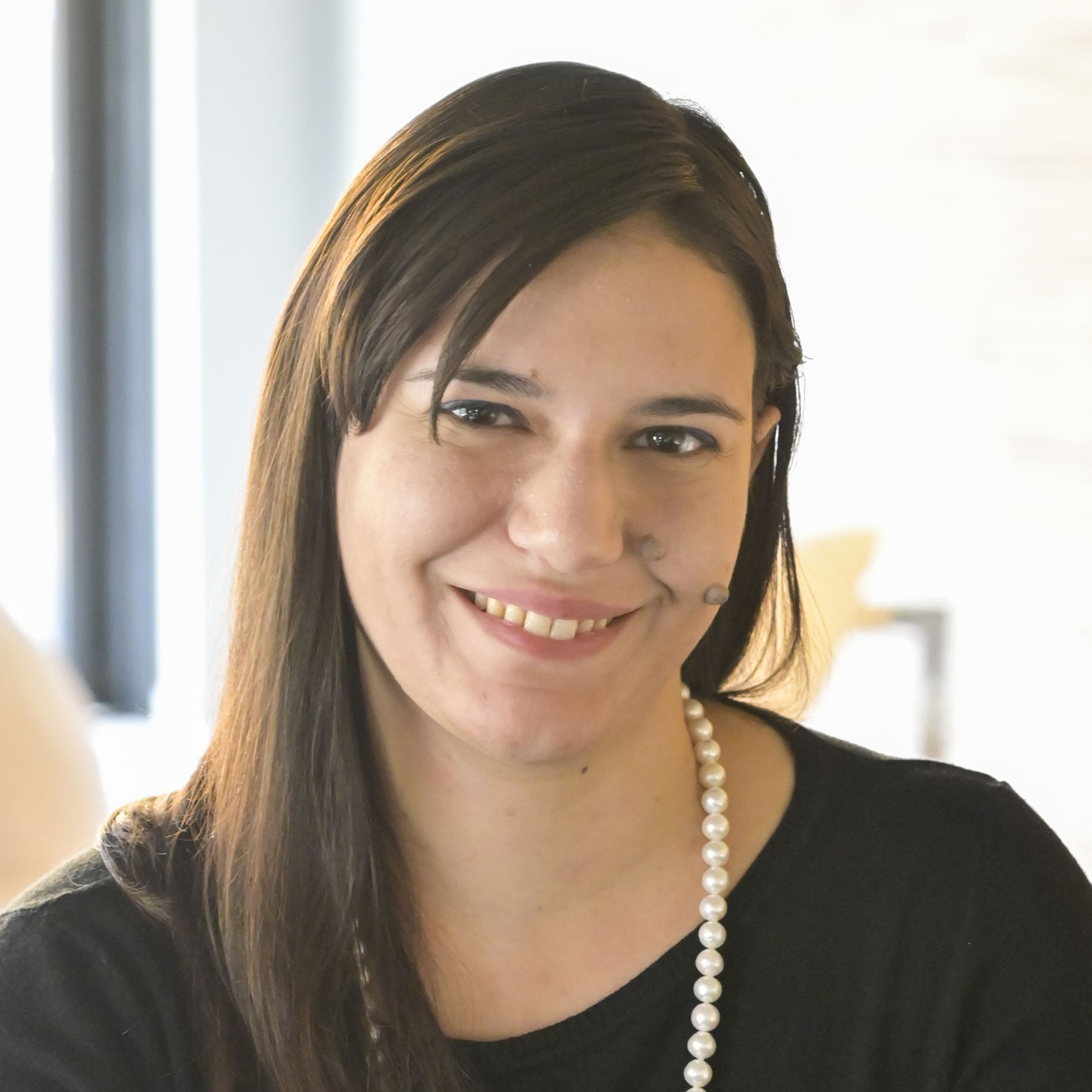
The way we communicate has the power to persuade and inspire.
When we choose active or passive language, it is not only a grammatical choice, but it also reflects our mindset, insights and attitude. Active language helps make the conversation more interesting and communication more powerful than passive language.
Active vs Passive Language
In the active voice, the structure is Subject + Verb + Object – the subject performs the action.
For example: “The manager finished the report”. Here, the doer, the manager, performs the action of completing the report.
In the passive voice, the structure is Object + Verb (be + past participle) + (by Subject). The object comes first and receives the action.
For example: “Jim was named CEO by ABC Company”. Here, the object, Jim, receives the action performed by the company.
Using active language makes communication clearer and more direct. We immediately understand who is performing the action and what they are doing, so our audience can grasp the message faster.
Our message also becomes more concise, because we don’t need to use a complex structure or many words, which can sound confusing and too elaborative to the audience.
In active language, the subject, the person taking action, is at the center. This shows that the speaker is taking leadership rather than being passive. Communication with active language sounds more proactive and confident.
Passive language, instead, tends to use more elaborate structures with helping verbs such as has been or was being. The subject is also hidden and as a result, the message is perceived as less direct and clear. Passive voice is more common in academic or scientific writings, rather than business, where we need to be more logical, concise and clear.
At Veritas, we encourage our fellows to use active language, especially when writing their Career Vision. This practice helps present their goals and ideas to stakeholders, showing that they are the main subjects of their own vision.
So grammar can help our communication. Choosing to focus on active language rather than on passive language helps us show and feel more empowered.

Veritas Coach
Cristina Raffa
Cristina was born in the hot and sunny Sicily, an island in the South of Italy. She graduated in Foreign languages and literature and her interest is currently focused on Japanese language and culture. After many study trips to the UK, she decided to move there for a period of time and improve her English. When she came back to Italy, she started to teach English and Italian to students from children to adults, wanting to put in practice what she had learned in university. Focusing on her Japanese, she did an exchange study programme at Meiji University in Japan, where she discovered Veritas and its unique programme.
Here she can follow her passion and love for teaching and grow as a person thanks to her experience as a coach, improving her skills by focusing on the students and their progress.
With the help of a strong and united team, at Veritas she has the opportunity to inspire people and guide them to become global leaders of tomorrow.










